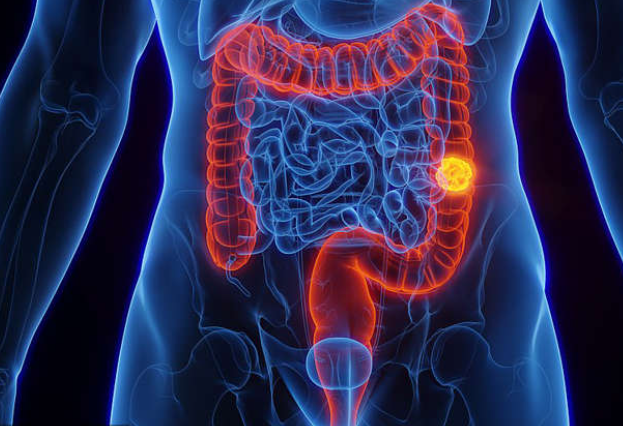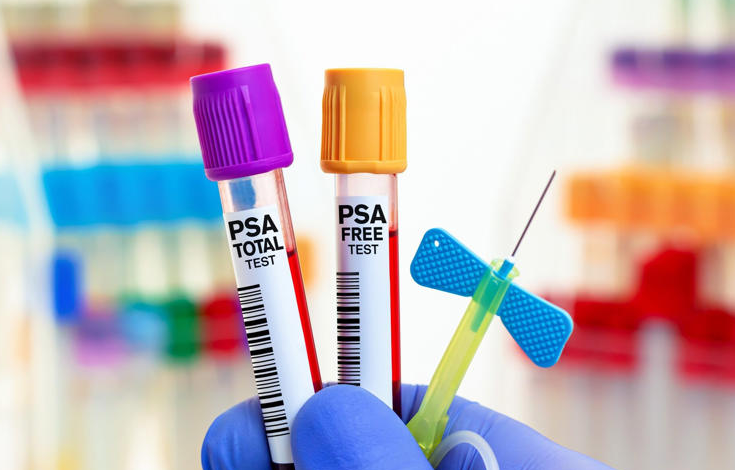
Worth thinking about whether you want to become familiar with this kit
There has been a lot of debate recently about the term ‘pre-diabetes’. Pre-diabetes is a conversional topic, but essentially this refers to a condition where people will have blood glucose levels that are higher than normal, but not high enough to be diabetes or cause serious symptoms. In other words, this is explained as a warning sign. If you have pre-diabetes (or as it is sometimes termed, being in a pre-diabetic state), you are at risk of developing type-2 diabetes, with all the life-limiting problems that brings. You can reduce your risk of developing diabetes by managing your weight, eating healthily and keeping active. More information on symptoms, risks and where to find support is on our
information page.
Here’s where pre-diabetes becomes controversial. This is not a universally accepted term or condition; the World Health Organization does not recognise this as a clinical term. Likewise, in the UK there is
“no defined criteria for prediabetes”, meaning that doctors do not have a clear set of guidance to determine whether or not you have pre-diabetes, and therefore exactly what measures you should take to reduce your risk of developing diabetes. This can make it difficult to claim that pre-diabetes is a meaningful term, other than as an indeterminate marker that your health may not be at 100%.
The other issue is that pre-diabetes (however measured) may not be affecting your health now, nor is it clear that if you are in a pre-diabetic state this will inevitably develop into type-2 diabetes. Some people have also claimed this label represents an overextension of the medical establishment into treating ostensibly healthy people, which reduces individual choices about lifestyle.
So, what to do about the concept of pre-diabetes. Well, we’re not doctors or public health experts here at the Blue Ribbon Foundation, and each man has a different health history. As such, we can’t, nor would we give medical advice. First off, it’s inarguable that type-2 diabetes is something you want to avoid. Despite a recent
study on reversing type-2 diabetes, this condition is usually irreversible and progressive. In short, once you have type-2 diabetes, most men will have it for life, symptoms will get worse, and treatment will need to become more aggressive.

Healthy eating = less chance you have to engage in debates about pre-diabetes
For your own health, we return to our central message, which is to keep focused on your health, and see your doctor regularly (particularly if you feel ill). Prevention is better than cure. If you maintain a healthy weight, eat well, don’t smoke, drink alcohol only in moderation, and exercise regularly, you will be far less likely to develop pre-diabetes, type-2 diabetes, or a whole range of other serious conditions. However, whatever happens we all will fall ill at some point in our lives, and it is useful in those cases to be able to have assessments from medical professionals and treatment/lifestyle changes as a result.
In that vein, the diagnosis of pre-diabetes, however debated, can be seen as a warning sign that we may need to improve our lifestyle. If we are honest with ourselves, there is usually some or other aspect of our lifestyle that we know is unhealthy or we would like to change. We also know the risks presented by unhealthy behaviours, so we make a choice about our long-term health each time we decide to smoke, or drink till hungover. But if we come to the doctor and are given a diagnosis of pre-diabetes, this can tell us early that our blood sugar levels may become unsafe, leading to a long-term, life-limiting and life-shortening condition. The choice on whether we act on that warning remains up to each of us.
 Worth thinking about whether you want to become familiar with this kit
There has been a lot of debate recently about the term ‘pre-diabetes’. Pre-diabetes is a conversional topic, but essentially this refers to a condition where people will have blood glucose levels that are higher than normal, but not high enough to be diabetes or cause serious symptoms. In other words, this is explained as a warning sign. If you have pre-diabetes (or as it is sometimes termed, being in a pre-diabetic state), you are at risk of developing type-2 diabetes, with all the life-limiting problems that brings. You can reduce your risk of developing diabetes by managing your weight, eating healthily and keeping active. More information on symptoms, risks and where to find support is on our information page.
Worth thinking about whether you want to become familiar with this kit
There has been a lot of debate recently about the term ‘pre-diabetes’. Pre-diabetes is a conversional topic, but essentially this refers to a condition where people will have blood glucose levels that are higher than normal, but not high enough to be diabetes or cause serious symptoms. In other words, this is explained as a warning sign. If you have pre-diabetes (or as it is sometimes termed, being in a pre-diabetic state), you are at risk of developing type-2 diabetes, with all the life-limiting problems that brings. You can reduce your risk of developing diabetes by managing your weight, eating healthily and keeping active. More information on symptoms, risks and where to find support is on our information page. Worth thinking about whether you want to become familiar with this kit
There has been a lot of debate recently about the term ‘pre-diabetes’. Pre-diabetes is a conversional topic, but essentially this refers to a condition where people will have blood glucose levels that are higher than normal, but not high enough to be diabetes or cause serious symptoms. In other words, this is explained as a warning sign. If you have pre-diabetes (or as it is sometimes termed, being in a pre-diabetic state), you are at risk of developing type-2 diabetes, with all the life-limiting problems that brings. You can reduce your risk of developing diabetes by managing your weight, eating healthily and keeping active. More information on symptoms, risks and where to find support is on our information page.
Worth thinking about whether you want to become familiar with this kit
There has been a lot of debate recently about the term ‘pre-diabetes’. Pre-diabetes is a conversional topic, but essentially this refers to a condition where people will have blood glucose levels that are higher than normal, but not high enough to be diabetes or cause serious symptoms. In other words, this is explained as a warning sign. If you have pre-diabetes (or as it is sometimes termed, being in a pre-diabetic state), you are at risk of developing type-2 diabetes, with all the life-limiting problems that brings. You can reduce your risk of developing diabetes by managing your weight, eating healthily and keeping active. More information on symptoms, risks and where to find support is on our information page.





